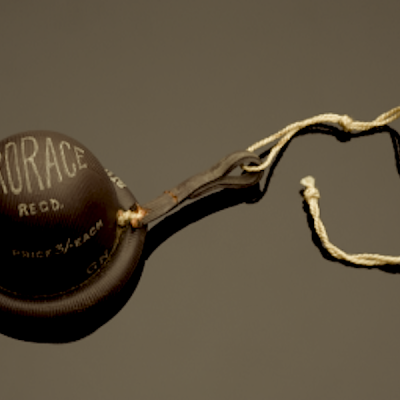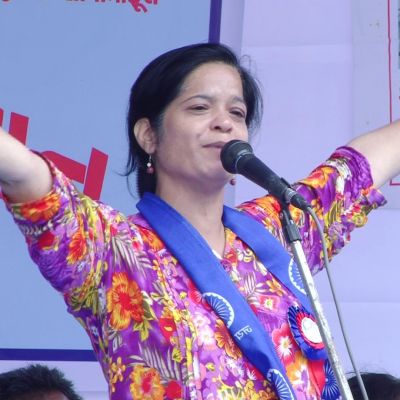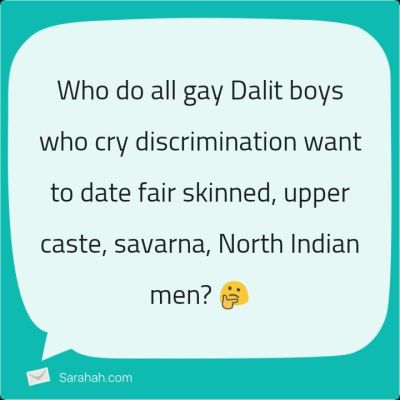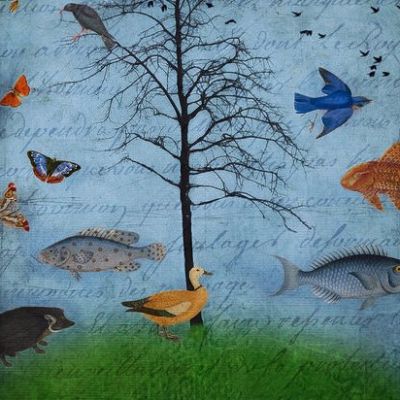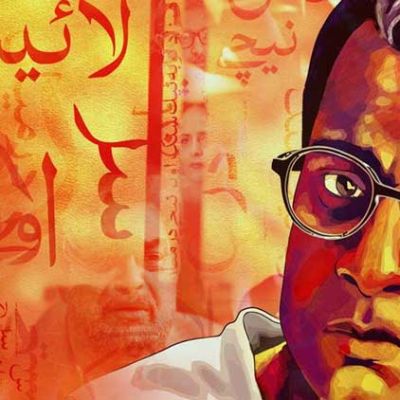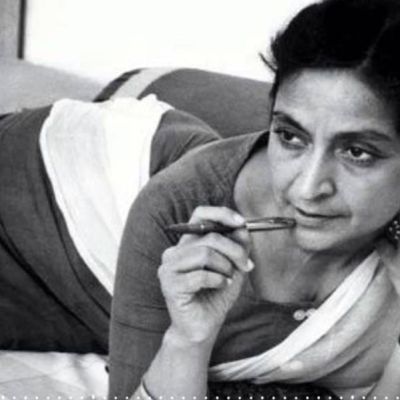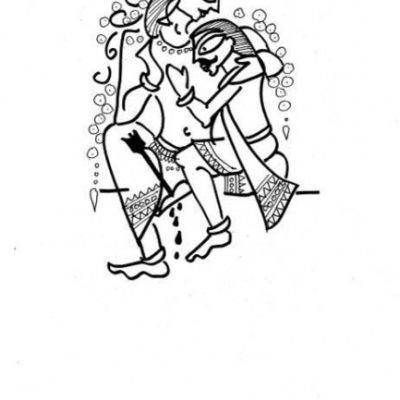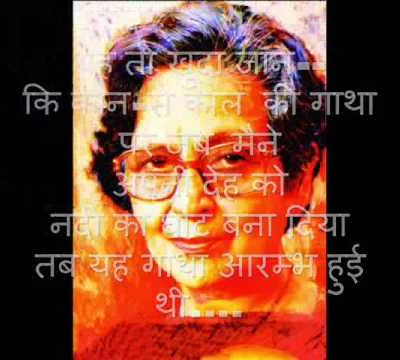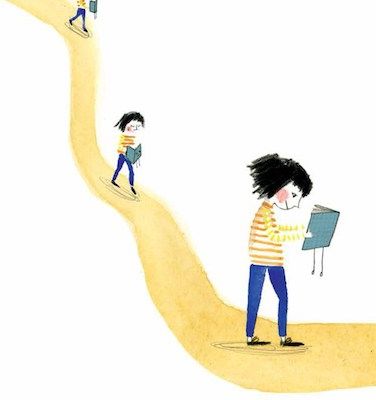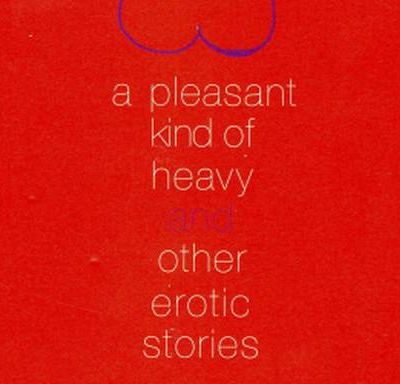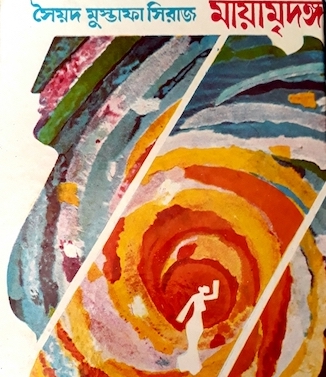Categories
Today Marie Stopes is better known for her eponymous clinics, which provide contraception and safe abortion services in 37 countries…
Manjula Pradeep is a lawyer and former Executive Director of the Navsarjan Trust, a grassroots organisation working to empower Dalits…
I read The Failed Radical Possibilities of Queerness in India more than a year ago and it still makes me…
Kamal Hassan has come to be quite a literal poster boy of all anti-caste memes lately. To reminisce about the…
For many of us, it was fiction that fed our souls as children, and now as adults who are still ‘growing up’, it feeds us still. Fiction makes, remakes and unmakes us who walk in worlds of the imagination. It liberates us to dream various versions of ourselves and others into being as the articles in this month’s In Plainspeak eloquently reveal.
All these stories are examples of courage and hold great significance in the development of the Urdu story and for bringing to our notice the misery of the average Indian woman. A new era of Urdu stories has taken birth that not only acknowledges the issues of women inside and outside of house, but also openly deals with ‘immodest’ and ‘indecent’ themes such as sexuality.
Amrita Pritam’s legacy for women and subsequent generations is to intentionally challenge status quo, trying to use art to challenge accepted taboos and redefine them. Be fearless, unabashed and courageous in the face of crude censorship and charges of obscenity, of raising and using your voice to speak as you see the world – not in the manner that the world expects you to speak.
My formative years in BDSM[1]were heavily influenced by a series of books called Chronicles of Gor written by an author…
Biblical scholars, who value abstinence, reject such sexual interpretations, but not modern LGBTQ (lesbian, gay, bisexual, transgender and queer) activists, who have even traced formal same-sex unions in Church liturgy called adelphopoiesis or “brother-making”. We see what we want to see. We allow what we are comfortable with, and what we are mature about. Love is indeed a splendid thing. But sex remains a bad habit.
“In fact, if you look at all these lady-heroines, it’s the same tedious tale again and again: the grand prize of a girl’s existence is shown to be her marriage to a wealthy and powerful man.”
“हम आधुनिक हैं। पढ़े-लिखे हैं, किसी भी मुद्दे पर बात करने में हमें हिचक नहीं होती है ” यह बड़ा ही…
In the short animated film In A Heartbeat, a young man is quite literally torn between his heart and his…
Fiction is a realm within which we can imagine the limitlessness of our feminist realities. By censoring fiction itself in an anxiety to perform what we understand as feminism, is to censor our imaginations, its subtle negotiations with reality and its potential in generating desires and dreams we hardly knew of. Does this mean we don’t critique books and movies? Definitely not! Critique is fun. Critique is important. Critique is how we grow. But the judgement needs to stop.
Aranyani’s writing most certainly has a sensory charm and no two people are going to experience her narration the same way. I wish you a happy and gloriously gay reading of this fleshy collection of erotic stories!
Māyā Mridanga infinitely problematises the nature vs. nurture debate that is central to sexuality studies. The novel seems to suggest that a certain kind of male body – feminine, smooth, shapely – is the ideal raw material for making a chhokra out of a biological man. Ustaad Jhaksa, whose life the novel documents[2], repeatedly emphasises on this act of nurturing, moulding and pruning of a feminine male body for which he has fatherly affection as well as a lover’s lust.

